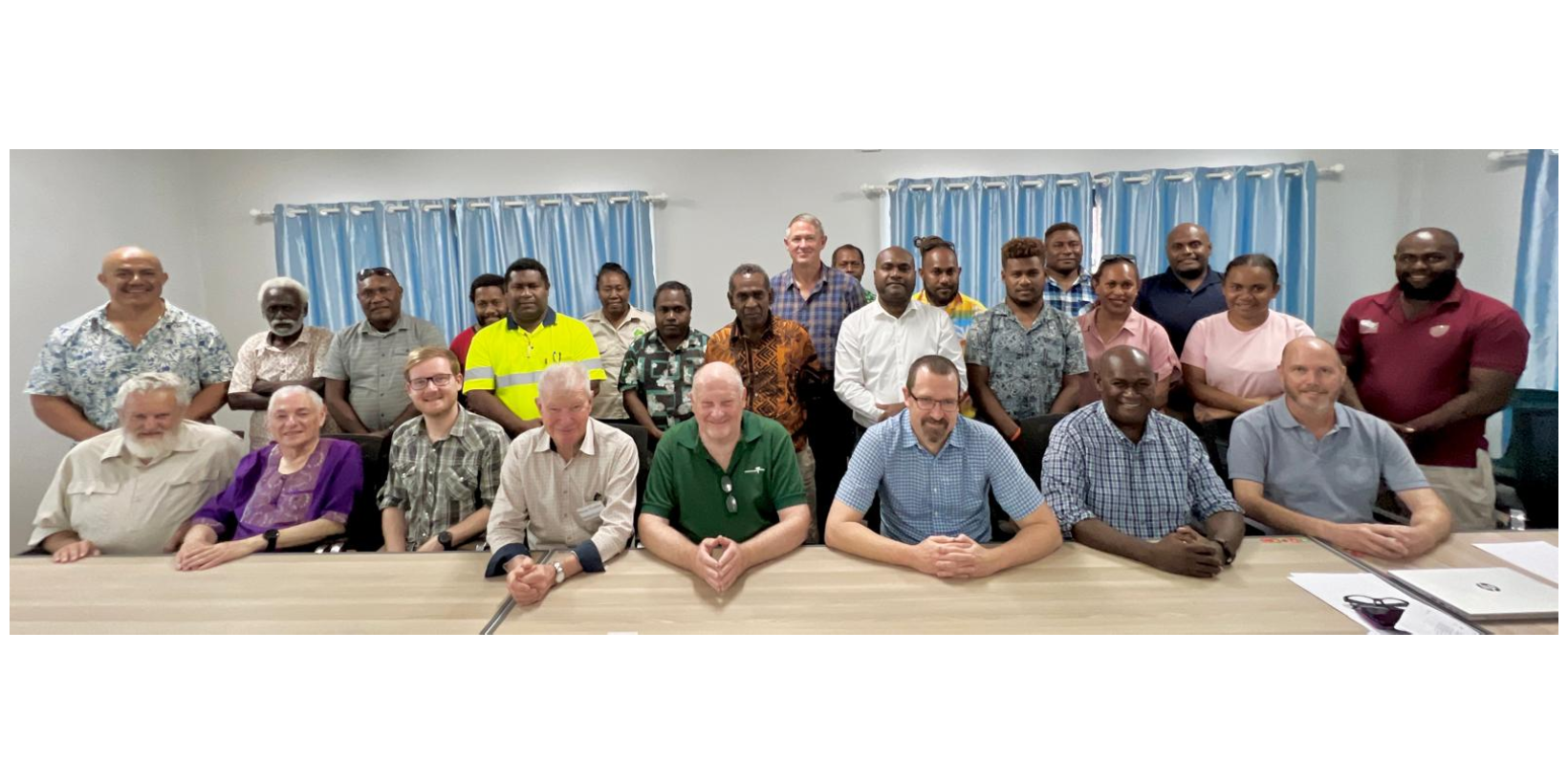Animal health systems experts from across the country and region have gathered in Honiara for a two-week program to explore practical solutions to animal health systems.
The program includes a national stakeholder consultation, a three day regional workshop and three day national training workshop focusing on the use of field-based diagnostics tools that are portable, affordable, effective and appropriate for resource-constrained contexts and communities.
The event was held because animal health is the cornerstone of national food security, rural livelihoods and human health in Solomon Islands and across Pacific Island countries.
The enhancement of diagnostic capabilities is crucial for the timely diagnosis and reporting of transboundary animal disease events and emerging risks.
The program is funded by the Australian Government through the Department of Foreign Affairs and Trade (DFAT) and delivered in close partnership with the Ministry of Agriculture and Livestock (MAL), Solomon Islands Government.
The national stakeholder consultation provided the platform for experts from Agriculture Victoria to present their findings and recommendations following their November 2024 visit to the Solomon Islands.
The session also highlighted updates from ongoing animal health surveillance activities by veterinarians and livestock officers from MAL and the Australian Government Department of Agriculture, Fisheries and Forestry (DAFF), underlining the need for a coordinated approach to animal health and strengthened biosecurity systems.
The regional workshop has convened animal health officers from Pacific Islands Countries and Territories (PICTs) to share experiences, report institutional and technical challenges, work through practical training and exchange knowledge.
Importantly, the lessons learned from neighbouring countries where exotic diseases such as African Swine Fever (ASF) have had significant impacts, is shared and discussed, ensuring the Solomon Islands is better prepared to prevent and respond to similar threats.
Key objectives of the program include:
- Presenting the potential application, benefits, and limitations of LAMP technology in the Solomon Islands context.
- Identifying challenges and opportunities for integrating mobile diagnostics into the national animal health system.
- Facilitating dialogue between national and provincial livestock officers, laboratory staff, and other stakeholders to localise approaches.
- Developing a shared roadmap for piloting or expanding mobile diagnostic capacity in-country.
By contextualising regional lessons to meet the Solomon Islands’ specific needs and capacities, the program aims to strengthen animal health and biosecurity systems, ultimately safeguarding communities, livelihoods, and the agriculture sector.
According to Dr. Samson Viulu – Permanent Secretary of the Ministry of Agriculture and Livestock, “Resilient animal and plant health systems are vital for safeguarding the food security and livelihoods of our people.
“In partnership with the Australian Government, this program gives our officers new tools and information that can help those who work in key areas of agriculture.”
Australia’s High Commissioner to the Solomon Islands, His Excellency Rod Hilton expressed his support for the collaboration.
“Australia is truly proud to be able to share our world class expertise in agriculture and biosecurity to help strengthen food security and safeguard community livelihoods.
“It demonstrates the commitment of both countries to building and protecting rural industries, supporting the livelihoods and food security of the vast majority of Solomon Islanders who live in rural areas,” High Commissioner Hilton said.
Stakeholders who attended the dialogue came from MAL, SINU, poultry and piggery farmers, apiary farmers, other private sector partners, DAFF Victoria and DFAT.
– AHC









